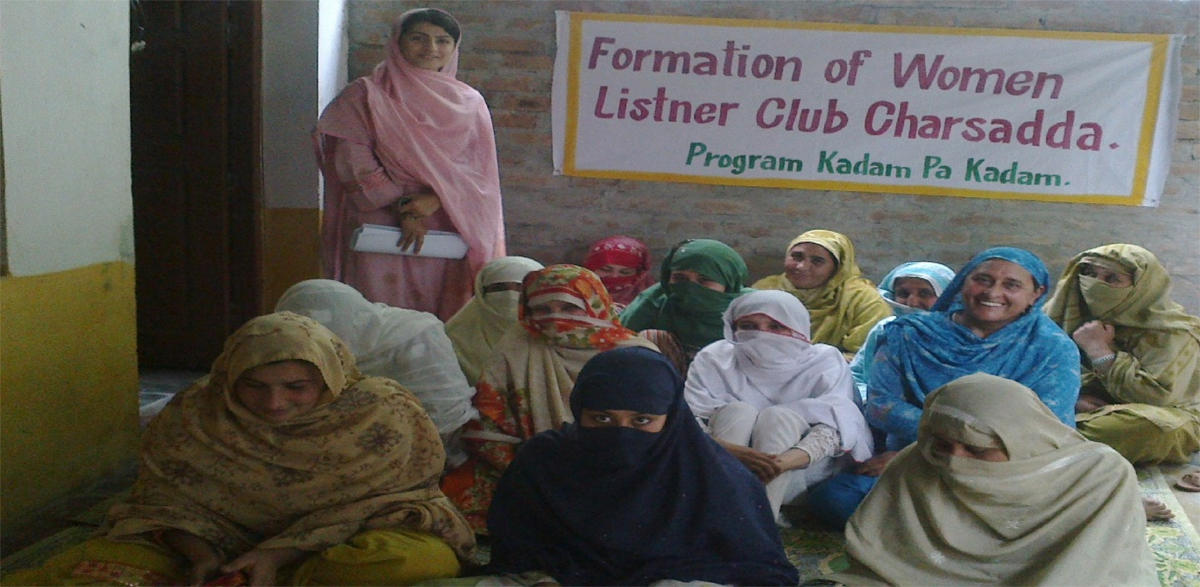Reflecting the Institute's commitment to utilizing cost-effective approaches to empower others with knowledge, skills, and resources that promote the peaceful resolution of conflict, USIP supports U.S. and Pakistani nonprofit organizations producing media geared toward women and youth, countering extremist messaging.

Pakistan's western border with Afghanistan is a hub of extremist activity and insurgent recruitment. Women and youth are particularly susceptible to extremist propaganda due to the number of illegal radio programs that are used to indoctrinate the illiterate population. However, women have immense sway in their families, and can be the difference in communities supporting violent extremism or encouraging behavior that engenders peace.
With the support of USIP, Equal Access International (EAI) is producing and broadcasting 48 mixed-format radio episodes in Pashto throughout Pakistan's Federally Administered Tribal Areas (FATA) and Khyber Pakhtunkhwa (KP) that focus on citizen engagement, peaceful conflict resolution, and good governance entitled “Step By Step (Kadam Pa Kadam).”
To generate relevant media content in FATA and KP, EAI is training 40 women and youth to become community reporters who regularly contribute stories and news pieces to air on its Kadam Pa Kadam program. This network of community reporters will expand the breadth of reporting on women and youth while attuning media content on peaceful conflict resolution to the region.
To engage with the listening audience, the program is currently organizing 20 monthly listening groups (12 females and eight males) in six districts and agencies of FATA and KP. The listening groups are headed by three Pakistani civil society leaders who will moderate discussions on the radio programming and how it can be applied to the lives of the group members. An evaluation of a previous EAI project showed that 94 percent of listening group participants shared information from the meetings with outside family members, classmates, and friends, creating a powerful multiplier effect to counter extremist messaging and broaden the penetration of the radio broadcast positive programming.
In concordance with the broadcasted radio episodes, this USIP-funded program will also implement an SMS/text message feedback and polling system among listeners. This capability will allow for real time feedback on radio programming, finer evaluation of listener knowledge and understanding, and the crafting of serial peace-related competitions, such as poetry writing and other performance based shows.
The immediate effects of peaceful radio programming will be evident in the listening group engagement and live SMS feedback. Meanwhile, USIP and EAI are providing women and youth a long-term voice in local media that will lay the foundation for peaceful and positive media programming throughout Pakistan.



